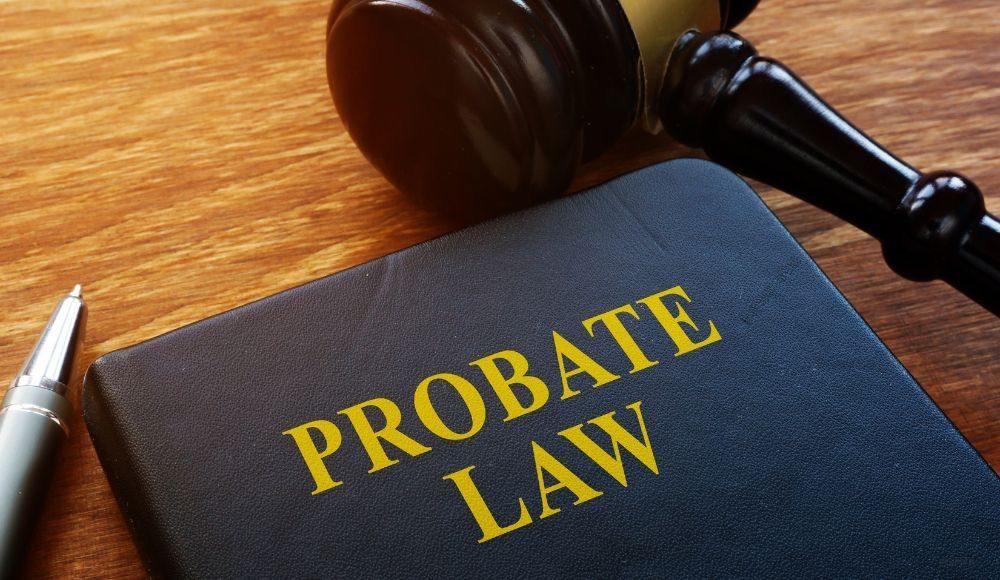Navigating Condemnation and Eminent Domain

Condemnation and eminent domain are closely related legal concepts concerning the government's power to take private property for public use. This complex area of municipal law balances public needs with private property rights, requiring property owners to be aware of their rights and potential compensation amidst administrative and legal challenges.
Rights of Property Owners
Property owners have several fundamental rights, often grouped under the term "bundle of rights." These include the right to possess, use, and enjoy their property without interference, giving them control over its use. Owners can lease, sell, or transfer ownership, providing flexibility and potential economic benefits from their investment. Additionally, owners can exclude others from the property, ensuring privacy and personal enjoyment.
However, these rights come with responsibilities and limitations. Property owners must adhere to local zoning laws, codes, and environmental regulations, which can restrict specific uses. Owners are entitled to fair compensation for condemnation or eminent domain if their property is taken for public use.
Understanding these rights and responsibilities is crucial for protecting one's interests and navigating any legal complexities that may arise. It ensures owners can fully benefit from and effectively manage their property.
Municipal Powers
Municipalities wield significant powers in condemnation and eminent domain, allowing them to take private property for public uses such as infrastructure development, utilities, or community projects. This authority is based on the more comprehensive governmental aim to serve public interests and promote urban development. Municipalities can legally acquire private property through condemnation proceedings regardless of the owner's consent, although the process must adhere to procedural fairness standards.
The key to this power is the requirement for municipalities to provide "just compensation" to affected property owners, ensuring they receive fair market value for their losses. Municipalities must also demonstrate a legitimate public use for the acquisition, which can sometimes be a contentious point requiring legal adjudication.
In exercising these powers, municipalities must balance the need for public development with respect for private property rights. They often negotiate to avoid lengthy legal disputes and ensure equitable outcomes for all parties involved.
Fair Compensation
Fair compensation in condemnation and eminent domain cases is the concept that ensures property owners receive appropriate payment when the government takes their private property for public use. The primary components of fair compensation include:
- Just compensation is the constitutional requirement that the government provide payment based on fair market value when exercising eminent domain powers.
- Fair market value is the highest price a willing buyer would pay a willing seller in an open and competitive market.
- Severance damages apply when only a portion of the property is taken, and compensation may include damages for the reduced value of the remaining property.
Determining fair compensation can involve professional appraisals, negotiation, and legal proceedings if the parties cannot agree. It's important to note that property owners facing condemnation or eminent domain proceedings should consider seeking legal counsel to ensure they receive fair compensation for their property.
Choose the Right Municipal Law Attorney
Are you facing condemnation or eminent domain issues? The municipal attorneys at Bingaman Hess are ready to assist. With extensive experience in these contentious legal concepts, our team offers a comprehensive range of legal services. Whether you need ongoing legal counsel or help with a specific issue, Bingaman Hess has you covered.
Call our municipal attorneys today at 610.374.8377 or find us online.
This article is for informational purposes only and does not constitute legal advice. No one may rely on this information without consulting an attorney. Anyone who attempts to use this information without attorney consultation does so at their own risk. Bingaman Hess is not and shall never be responsible for anyone who uses this information. It is not legal advice.
News & Information
Contact Us Today
Sound legal advice is based on years of training, hard work, and passion, as well as familiarity with legislation and precedent and sound consideration. You’ll find all that and more at Bingaman Hess.
We will get back to you as soon as possible
Oops, there was an error sending your message.
Please try again later!
Wyomissing
Kutztown
Harrisburg
610.374.8377
2601 N. Front Street
Suite 206
Harrisburg, PA 17110
Media
Wilkes-Barre
610.374.8377
12-14 West Northampton Street,
Suite 7
Wilkes-Barre, PA 18701
We have been providing exceptional service, advice, and representation to clients for more than 60 years.
Serving Berks, Lehigh, Northampton, Bucks, Montgomery, Philadelphia, Chester, Delaware, Lancaster, Lebanon, Dauphin, Schuylkill, York, Carbon, Luzerne, Monroe, Columbia and Northumberland counties
The Bingaman Hess web site is intended to provide information (not advice) about the firm, its lawyers and new legal developments. Visitors to this web site should not act upon this information without consulting with legal counsel. Transmission and receipt of materials provided by Bingaman Hess's web site is not intended to and does not create an attorney-client relationship. Please be further advised that the act of sending e-mail to an attorney at Bingaman Hess will not create an attorney-client relationship. If you are not currently a client of Bingaman Hess your e-mail will not be privileged and may be disclosed to other persons. This web site is not intended to be advertising and Bingaman Hess does not wish to represent anyone desiring representation based upon viewing this web site in a state where this web site fails to comply with all laws and ethical rules of that state. This web site is meant to be informational only, consistent with our profession's obligation to help inform not only our clients but to cultivate knowledge of the law in the public in general.
Bingaman Hess Attorneys at Law, All Rights Reserved










